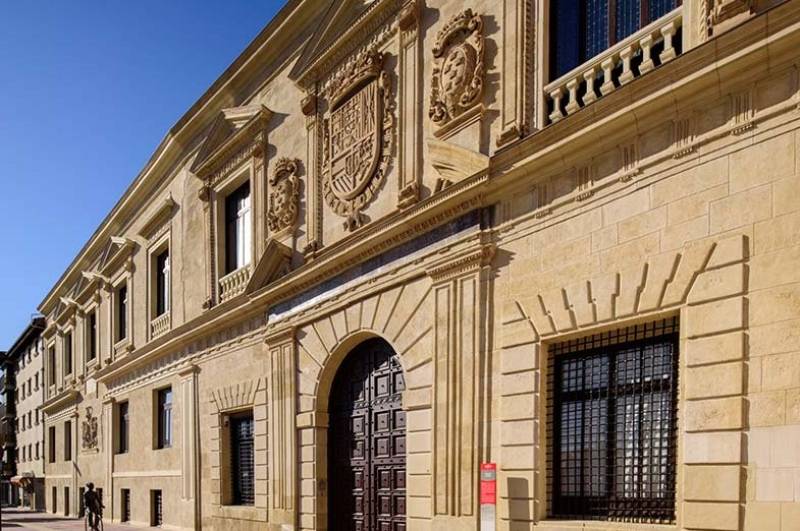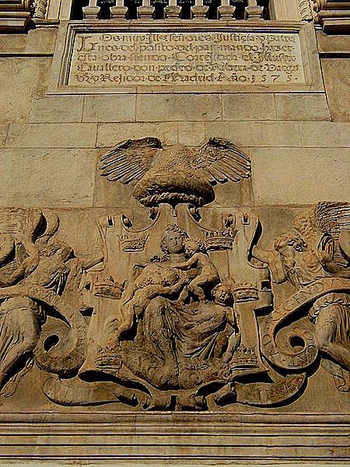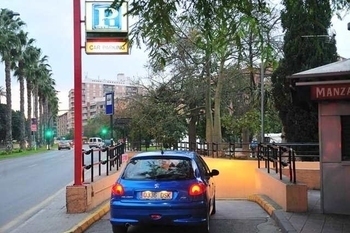

Guidelines for submitting articles to Mazarron Murcia
Hello, and thank you for choosing Mazarron Murcia to publicise your organisation’s info or event.
Mazarron Murcia is a website set up by Murcia Today specifically for residents of the urbanisation in Southwest Murcia, providing news and information on what’s happening in the local area, which is the largest English-speaking expat area in the Region of Murcia.
When submitting text to be included on Mazarron Murcia, please abide by the following guidelines so we can upload your article as swiftly as possible:
Send an email to editor@spaintodayonline.com or contact@murciatoday.com
Attach the information in a Word Document or Google Doc
Include all relevant points, including:
Who is the organisation running the event?
Where is it happening?
When?
How much does it cost?
Is it necessary to book beforehand, or can people just show up on the day?
…but try not to exceed 300 words
Also attach a photo to illustrate your article, no more than 100kb

Palacio Almudí, Murcia
Centro de arte, Palacio Almudí
 The Palacio Almudí today is a noble and imposing building which houses administrative offices, and two exhibition spaces, although its original function was as a grain store.
The Palacio Almudí today is a noble and imposing building which houses administrative offices, and two exhibition spaces, although its original function was as a grain store.
The main structure of what we see today dates from the 17th century, having undergone significant modifications throughout its chequered history.
The first Almudí, a municipal grain deposit, was built during the period of Moorish occupation, just a small section of wall visible today in the downstairs exhibition space. Nearby, alongside the Verónicas marketplace, a larger section of the original Moorish wall is visible from street level.
There are two sections of the building - the posito, or grain store, which is today an atmospheric and impressive museum space, and the Almudí, which subsequently became an arms store.
The main works to complete the building were commissioned in 1554, and according to the plaque on the front of the building, were completed in 1575.
In 1612, a lightning strike set fire to the gunpowder stored within the building, sparking off a massive explosion, following which the building was totally rebuilt.
The imposing building we see today was completed in 1629, showing the economic boom Murcia was undergoing at the time, thanks to the trade in silk.
During its lifetime the building has fulfilled many purposes; by the Military, then becoming the Palacio of justice from 1886. This function necessitated a number of reforms, as did the subsequent installation of the Audiencia Provincial.
In the first part of the 20th century the palace underwent yet another restoration, including the addition of a third floor and the structural remodelling of the exterior, concluded in 1946. At the end of the century a new Palacio de Justicia was constructed to give more space, and following a period of abandonment, the building was finally converted in 1985 to fulfil its present use.

On the fachada is a medallion showing the Matrona de Murcia, the matron of Murcia, surrounded by children, a symbol of the hospitality of the Murcians.The relief is topped with the symbol of a pelican, symbolising abundance.
This piece is known to have been made by Hernando de Torquemada in 1575 and belonged to the original building which dated from 1575, pre-explosion.
Inside, visitors will find an impressive columned exhibition space, the sala de columnas, which was the former grain store, and remains of the Moorish building over which the 16th century construction was built can also be seen.
There is also an exhibition room on the first floor, so check with the hostesses as sometimes it´s not completely clear that the exhibitions are split into two sections; often there's a completely different exhibition in the upstairs sala.
Centro de Arte, Palacio Almudí
Calle Plano de San Francisco 8
30004
Murcia
Click for map, Palacio Almudí, Murcia
Opening Times.
Monday to Saturday 12 Midday to 2pm and 6pm to 9pm
Sunday and festival days 11 midday to 2pm
August closed
Nearest underground parking.
 The Almudí is right next to the Veronicas marketplace, with an underground car park in front of it.
The Almudí is right next to the Veronicas marketplace, with an underground car park in front of it.
Basically, follow the signpost from the main Murcia ringroad which says "Murcia Centro, " alongside the riverbank with the botanical gardens of the Malecon on the right hand side. The carpark can be seen on the left, so check to see if there are places available just in case it´s full.
As the Malecón Gardens conclude, there is a set of traffic lights just before the bridge on the right. At this point if you want to go back and park in the Veronicas carpark, get in the right hand lane and can cross the carriageway by turning towards the bridge, then looping back. Be warned though, the second level down is very low and high cars can´t get in there.
If you stay in the right hand lane and continue straight, there´s a second underground car park about 50 metres further along the riverbank, opposite the Town hall, the Glorieta carpark, which caters for higher vehicles.
Those able to walk further, or with high-topped vehicles, may prefer to turn right by the bridge and then immediately right, parking in the open-air carpark about 100 metres along behind the Malecón Gardens.
Click for more information about visiting the city of Murcia.
